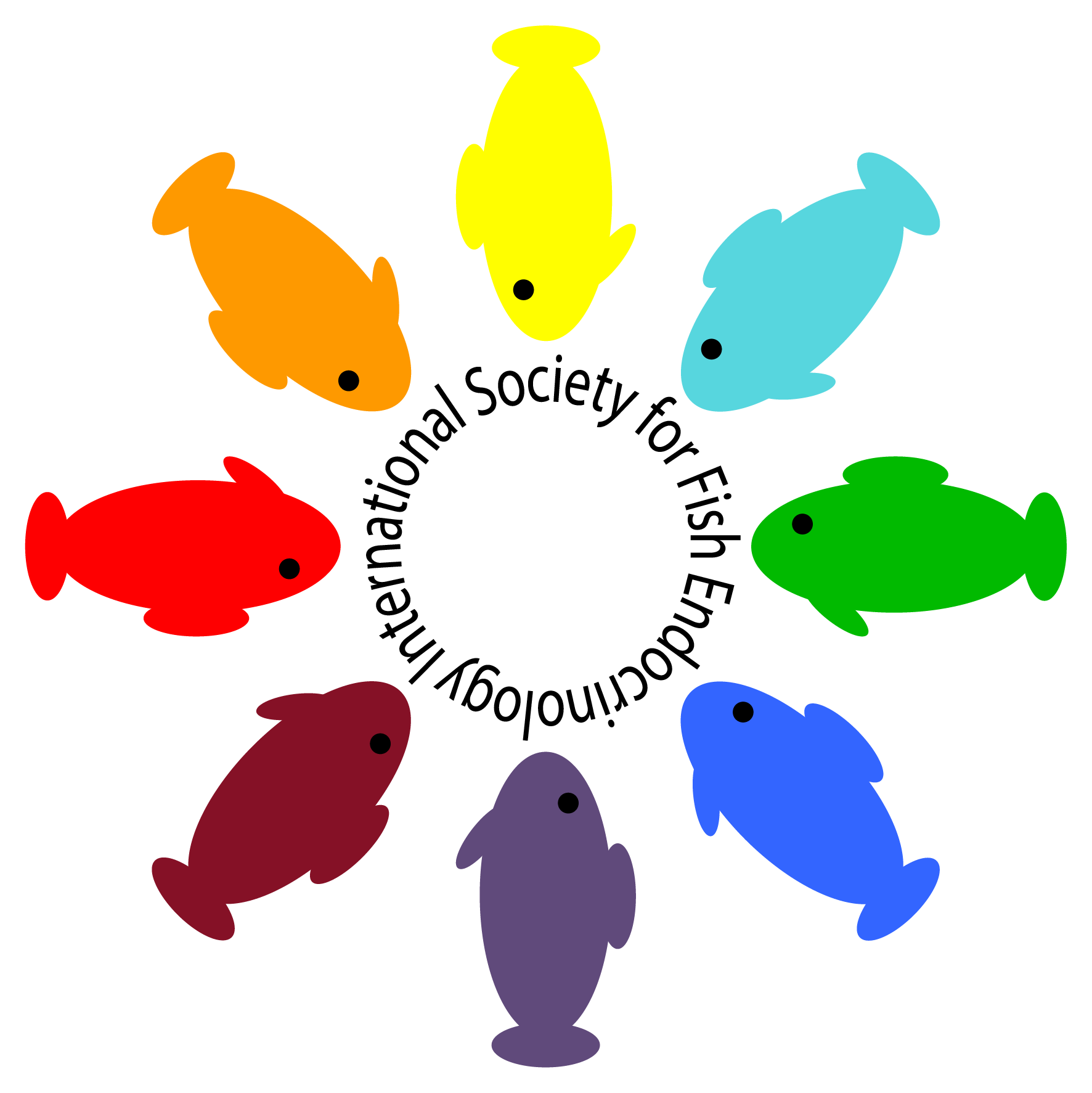Below are some frequently asked questions and answers about ISFE. If you need specific help or
your question isn’t answered here, you should contact us.
Awards and Grants
In the early 2000’s, the International Committee decided that the significant contributions of Dr. Richard E. Peter to the founding of the ISFE should be recognized by naming a plenary lecture series in his honour. At each ISFE meeting one prominent scientist will be recognized for significant contributions to the field of fish endocrinology. It wizard E. Peter.
On the occasion of the 8ISFE meeting in Gothenburg, the international committee decided to introduce a Yoshitaka Nagahama lectureship, first in recognition of Professor Nagahama’s enormous contribution to the field and also to promote promising scientists at an early stage of their career.
The Yoshitaka Nagahama lectureship will be awarded to a young investigator (defined as 10 years or less in an independent faculty position or equivalent) in recognition of significant and novel scientific contributions to the area of fish endocrinology.
A number of highly productive fish endocrinologists retire every year and may not have the opportunity to be recognized by their peers for their contributions. This nomination was first established by the Organizing Committee of the 6th International Symposium on Fish Endocrinology to formally recognize a number of distinguished fish endocrinologists during each ISFE meeting.Lifetime Achievement Award will be handed to truly distinguished scientists in the field of fish endocrinology, people who have made a highly significant, enduring impact on the field through research, education, or other activities. Nomination will be accepted for people who retired within two years before or after the next meeting.
Nominations should be submitted formally via electronic mail to ISFE 6 months prior to the meeting. A minimum of 3 well-argued letters of support from prominent scientists of different countries should be obtained. The Scientific and International Committees will select the speaker among those researchers who have been formally nominated by the deadline. The nomination package should include complete CV of the nominee and abbreviated CVs of the nominators.
Student awards for best oral and poster presentations are awarded at the ISFE conferences.
An “Award Committee” appointed by the President will evaluate the submitted nominations and oversee the administration of the awards. The committee will consist of 12 members selected from the International Council and reflecting the different scientific fields and the different subcontinents. These 12 members may recruit additional postdoctoral/faculty (or equivalent) judges during the ISFE conference for evaluation of the student awards. In the event that a member of the Awards Committee is the supervisor of a student, the potential conflict of interest shall be declared. The member will not participate in the evaluation of his or her own student’s submissions.


